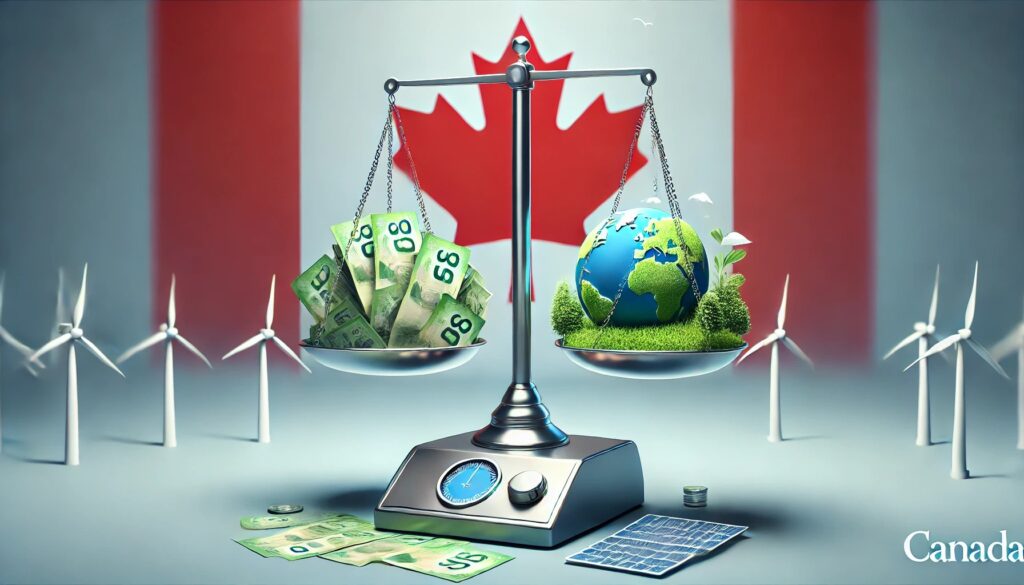2025 Federal Budget Highlights
November 5, 2025
Sector:
Date: November 4, 2025 | Deficit: $78.3 billion (2025–26)
Canada’s 2025 federal budget focuses on boosting investment, modernizing tax rules, and simplifying tax administration. Tax rates remain unchanged. Key actions include full expensing for manufacturing, enhanced SR&ED limits, expanded clean economy credits, updated transfer pricing, and repeal of the Underused Housing and certain Luxury Taxes effective 2025.

Business Tax Measures
- Immediate Expensing – Manufacturing: 100% CCA for qualifying buildings acquired after Nov. 4, 2025 and used before 2030 (phasing out by 2033). Learn more about corporate tax services at Kreston GTA LLP.
- Tiered Corporate Structures: New rules limit deferral of investment income; dividend refunds are suspended until downstream dividends are paid. Applies to taxation years starting after Nov. 4, 2025.
Tax Incentives
- SR&ED: Enhanced 35% rate threshold increased to $6M for years after Dec. 16, 2024. Discover our SR&ED tax credit services.
- Critical Mineral Credit: Expanded to 12 new minerals; 30% rate applies to flow-through share deals (Nov. 2025–Mar. 2027).
- Clean Electricity ITC: Canada Growth Fund eligible for a 15% refundable credit.
- Clean Tech Manufacturing ITC: 30% refundable credit for certain critical mineral investments.
- CCUS Credit: 37.5%–60% refundable rates continue to 2035, tapering thereafter.
International & Corporate Tax
- Transfer Pricing: OECD-aligned rules from 2026; higher penalties ($10M), 30-day documentation deadline, and expanded FAPI inclusion for cross-border reinsurance income. Explore our international tax expertise.
Personal Tax Measures
- Bare Trust Reporting: Deferred to 2026 year-ends.
- 21-Year Rule: Extended to indirect transfers between trusts. See our estate planning services.
- Registered Plans: Unified investment rules by 2027; RDSPs gain access to select small business shares.
- Credits:
- Home Accessibility: No double claims with Medical Expense Credit (from 2026).
- Top-Up Credit: Maintains 15% rate for higher-income taxpayers (2025–2030).
- Personal Support Workers: Temporary 5% refundable credit (max $1,100, 2026–2030).
Indirect Tax
- Underused Housing Tax: Repealed for 2025 onward. Review our real estate tax advisory.
- Luxury Tax (Aircraft/Vessels): Repealed after Nov. 2025; final filings due Feb. 1, 2028.
- GST/HST: Now applies to manual osteopathic services (June 2025).
- Anti-Fraud: Reverse charge rules proposed for telecom supplies (consultation by Jan. 2026).
Administrative Measures
- CRA–ESDC Data Sharing: Enables enforcement of worker classification rules.
- Automatic Filing for Low-Income Canadians: CRA may auto-file returns with opt-out option.
- Canada Carbon Rebate: Ends Oct. 30, 2026 following repeal of fuel charge (Apr. 2025).
Reaffirmed Commitments
The government reaffirms commitment to:
- Capital gains rollover
- CCPC measures
- Employee Ownership Trusts
- Global Minimum Tax
- Hybrid mismatch rules
- Prior AMT/withholding proposals
Stay Updated with Professional Tax Guidance
For more details on how the 2025 Federal Budget may impact you or your business, contact Kreston GTA LLP. Our tax specialists can provide tailored advice for your situation.


